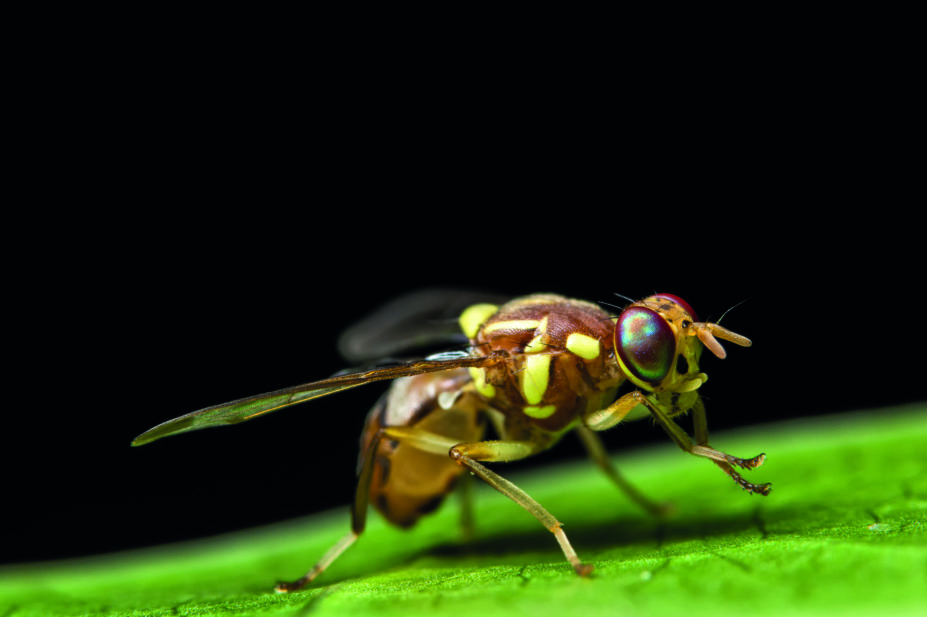
Shutterstock.com
Results from previous research using fruit flies (Drosophila melanogaster) and human cells have indicated that folic acid can prevent age-related neuronal degeneration. But in humans, dietary folic acid is not readily available to the brain and must undergo conversion to its active form.
In a follow-up study published in Science Matters
[1]
(online, 9 March 2017), researchers tested the effects of folinic acid — which is a direct precursor for the active form of folic acid that penetrates the brain in mammals — in a fruit fly model of early-onset Parkinson’s disease.
They found that a folinic acid-enriched diet significantly reduced neurodegeneration, compared with a normal diet, given to adult flies up to 20 days before neurodegeneration was measured.
The team concludes that the lack of treatments available and the familiar safety profile of folinic acid mean it could be worthwhile exploring its use for the prevention or treatment of Parkinson’s disease.
References
[1] Lehmann S, Jardine J, Garrido-Maraver J et al. Folinic acid is neuroprotective in a fly model of Parkinson’s disease associated with pink1 mutations. Science Matters 2017. Available at: https://sciencematters.io/articles/201702000009 (accessed 24 March 2017)

